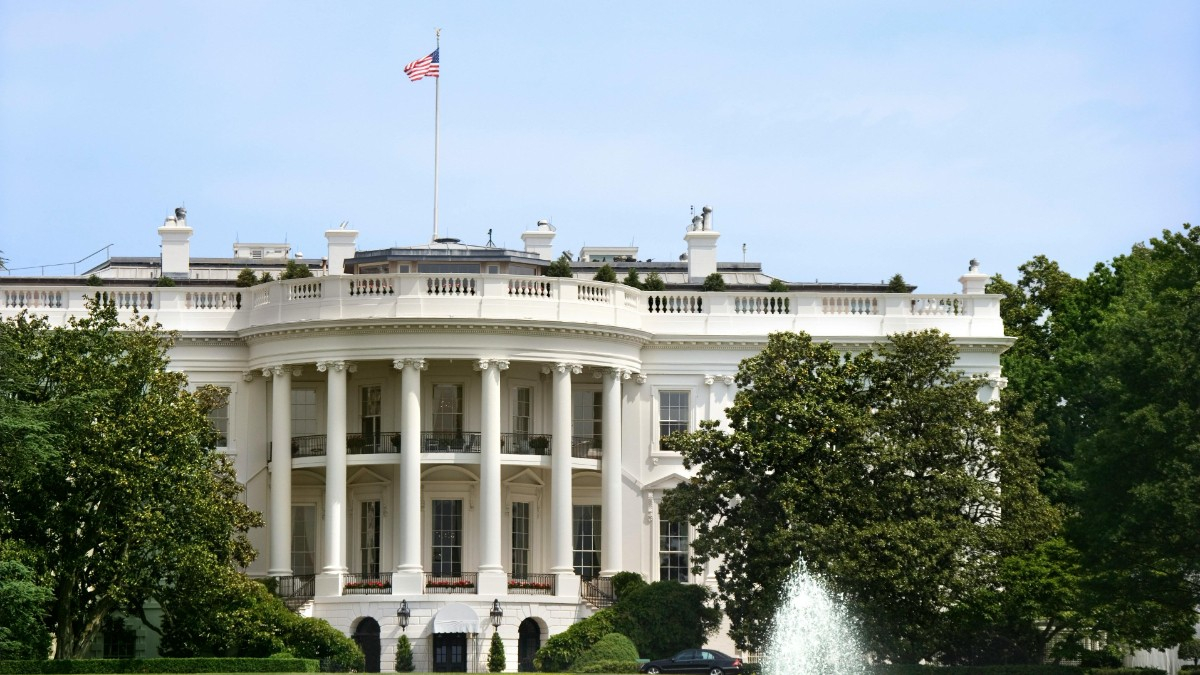David O. Sacks is an accomplished venture capitalist and entrepreneur who has been chosen by the President-elect Donald Trump to the freshly minted position of White House “AI and Crypto Czar.” That puts Sacks at the leading edge in setting U.S. policy in two of the most critical areas: artificial intelligence and cryptocurrency. With his vast experience in technology and entrepreneurship, Sacks is uniquely positioned to craft these fast-evolving segments.
Background and early career
Sacks was born on May 25, 1972, in South Africa, moving later to the United States for college. He earned an undergraduate degree in Economics from Stanford University and then went on to obtain his Juris Doctor from the University of Chicago Law School. Previously, Sacks had worked as a management consultant for McKinsey & Company and, in 1999, joined the Confinity technology startup, later called PayPal. He was the founding Chief Operating Officer at PayPal, which he helped grow until it was acquired by eBay in 2002 for $1.5 billion.
After PayPal, Sacks created Yammer, a business social networking service that was later sold to Microsoft in 2012 for $1.2 billion. Later, he created the venture capital firm Craft Ventures, an early-stage investor in technology companies. His portfolio consists of household names like Facebook, Uber, and SpaceX, which speaks to his strong relations with the elite in Silicon Valley.
Role of AI and Crypto Czar
As the new AI and Crypto Czar, Sacks will be responsible for overseeing the administration’s policies on artificial intelligence and cryptocurrency. Trump said Sacks would be responsible for ensuring that America stays ahead in both areas while protecting free speech online and fighting perceived biases from big tech companies. His role will also involve creating a regulatory framework for cryptocurrencies that promotes innovation while providing clarity for industry stakeholders.
Sacks’ appointment reflects a broader strategy by the Trump administration to align itself with influential figures in Silicon Valley who advocate for less regulatory oversight of emerging technologies. This approach is likely to go down well with tech entrepreneurs who have been clamoring for better conditions to develop cryptocurrency and AI.
Political involvement and influence
Sacks has become more and more entrenched in conservative politics over the last several years. He co hosts the extremely popular podcast All-In, where he talks about a wide range of technology, economic, and political issues with other high-profile figures like Chamath Palihapitiya and Jason Calacanis. It grew very popular in conservative circles and continued to grow Sacks’s profile.
His political activism peaked in the recent Trump campaign when he hosted a highly publicized fundraiser in his home in San Francisco in support of Trump. It is, however, important to note that following the January 6, 2021, Capitol riot, Sacks minced no words and slammed Trump for his role in the incident and declared him unfit for any public office again.
This recent alignment with Trump, despite past criticism, suggests a strategic pivot by Sacks in an attempt to influence technology policy from within the administration. His connections within Silicon Valley and experience as part of the “PayPal Mafia”, a group of influential entrepreneurs who emerged from PayPal, provide him with significant leverage in shaping tech-related policies.
Future implications
As AI and cryptocurrency continue to reshape global economic landscapes, the role of Sacks is likely to have profound implications for how these technologies will be regulated in the United States. His advocacy for a lighter regulatory touch could foster an environment ripe for innovation but also raises concerns on consumer protection and ethical considerations around AI deployment.
Whether or not Sacks will be able to succeed is a question of how far he goes in navigating both complex political landscapes and differing interests for each industry. So now, as he turns the page on this chapter in his career, one thing to watch will be how he shapes U.S. policy on two of the most transformational technologies today.
Read more: Can Canada be the 51st state in the United States? Donald Trump’s claim that has gone viral following the tariff announcement
Read more: How many presidential pardons have there been in all of history, which presidents have granted them and for what reasons?
